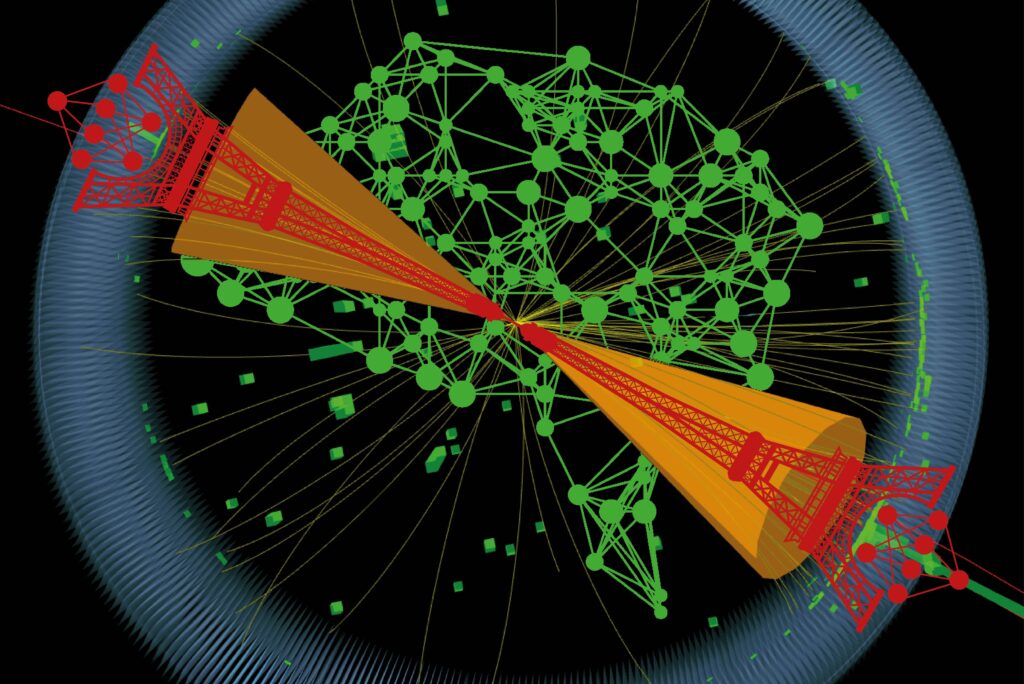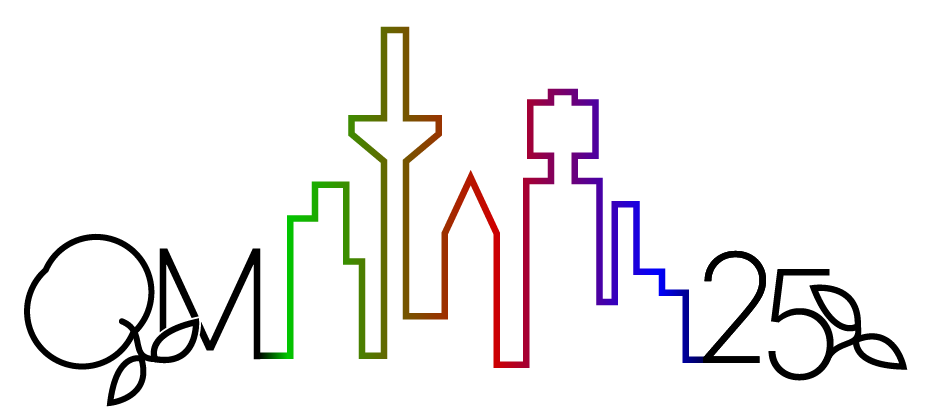
Machine learning has become a hot topic in particle physics over the past several years. In particular, there has been a lot of progress in the areas of particle and event identification, reconstruction, generative models, anomaly detection and more. In this conference, we will discuss current progress in these areas, focusing on new breakthrough ideas and existing challenges.
The ML4Jets workshop will be open to the full community and will include LHC experiments as well as theorists and phenomenologists interested in this topic. We explicitly welcome contributions and participation from method scientists as well as adjacent scientific fields such as astronomy, astrophysics, astroparticle physics, hadron and nuclear physics and other domains facing similar challenges.
The program will cover the following topics:
- Tagging (Classification)
- Reconstruction
- Detector simulation & event generation
- Theory
- Astrophysics
- Unfolding
- Uncertainties
- Anomaly detection
- Interpretability
This year’s conference is organised jointly by LPNHE, LPTHE and IJCLab and hosted by LPNHE on the Paris Sorbonne Campus. Registration for both in-person and Zoom-participation is open and free of charge. It will take place from the 4th to 8th of November.
INDICO page: https://indico.cern.ch/event/1386125/
One of our PhD students, João Gonçalves, will attend and deliver a talk.

